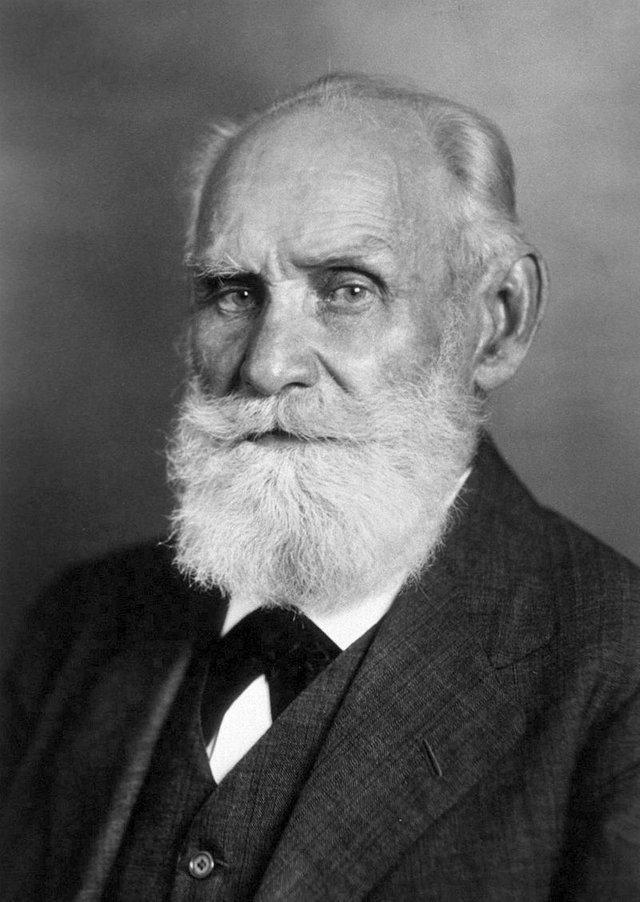Personality Course - Biological Theories (1)
OVERVIEW OF BIOLOGICAL THEORIES
Biological approaches to personality have skyrocketed in importance as genetic methods and evolutionary theories have advanced. Biological theories have generated many empirical studies.
The biological approach adds to the comprehensiveness of trait approaches by connecting personality to natural science.
EVOLUTIONARY APPROACHES
Evolutionary psychology - the perspective that applies the evolutionary principles of natural selection to understanding human psychology, including personality.
Evolved psychological mechanisms - specific psychological processes that have evolved because they solved particular adaptive problems (e.g., sexual jealousy, dealing with the problem of paternal uncertainty).
Some of the areas where an evolutionary approach speaks to personality theory are: aggression and sexual behavior; parenting; altruism and social behavior; and cultural evolution.
GENETICS AND PERSONALITY
Behavioral genetic approach - approach that investigates the genetic and environmental contributions to behavior.
Heritability - the statistic that shows what proportion of the variability of a trait in a particular population is associated with genetic variability.
Sometimes individuals seem quite different from the rest of the family, and we may wonder how this can be. The inherited genetic profile, called the genotype, does not always correspond to observed characteristics, or phenotype. For one thing, genetic predispositions may be manifested differently, depending upon the environment.
Genes are not always active. Like computer programs that do nothing until they are executed (much to the relief of those who find computer viruses on their machines that have not yet been activated), genes can be turned on and off in their expression by a variety of environmental factors that are just beginning to be understood.
In addition, combinations of many different genes are not simply additive in their effect on phenotype. In the case of emergenic traits, a particular combination of genes produces a quite different phenotype from what would be anticipated by observing those with only some of the genes but not the unique combination.
TEMPERAMENT
Temperament - the biologically based foundation of personality, including such characteristic patterns of behavior as emotionality, activity, and sociability.
Inhibited type - temperament type that is shy and nonassertive around strangers, proposed to have high levels of norepinephrine and an activation of the amygdala.
Uninhibited type - temperament type that is outgoing and lowin fear, proposed to have lower sympathetic nervous system activity.
EMOTIONAL AROUSAL
As argued above in relation to evolutionary theory, emotions are a key to human personality. Neuroscientists study the brain mechanisms of emotion. Consider people’s tendency to approach emotionally pleasant stimuli and to avoid emotionally unpleasant stimuli.
Approach and avoidance, pleasure and pain, are not two extremes on the same scale; they are neurologically distinct. Studies of EEG brain wave recordings find that the left cerebral hemisphere is more active during pleasant emotional experiences and the right cerebral hemisphere during unpleasant emotional experiences.
Not surprisingly, the left hemisphere is also more active when individuals are motivated to approach, and the right when they are motivated to avoid. People with a history of depression, and those with family history of depression, have less activity in the left hemisphere.
CORTICAL AROUSAL
In addition to emotional arousal is another kind of arousal: from thinking. We respond to interesting or exciting stimuli by becoming aroused from our relaxed state. People vary in how rapidly this arousal of the brain’s cortex (cortical arousal) occurs and to what extent.
The idea of cortical stimulation is based on the work of the Russian physiologist Ivan Pavlov.

source
Pavlov noticed that the dogs in his classical conditioning studies increased their conditioned responses with increasing conditioned stimuli up to a certain point; after that, increasing the strength of stimuli led to a decline in the strength of conditioning. Pavlov reasoned that when the stimulus was too intense, the nervous system protected itself by some sort of inhibitory process to counterbalance the intense excitatory process set in action by the stimulus. Pavlov made one more intriguing observation: Dogs varied in the point at which inhibition kicked in. Some, who Pavlov said had a strong nervous system, increased the strength of their conditioning to much more intense levels of the stimulus than others, whose inhibitory processes were already decreasing the strength of conditioning. Because these others could tolerate only weaker stimuli, they were said to have a weak nervous system.
People, too, vary from one to another in whether they tend to overreact or under-react to stimuli, and this physiological difference has implications for personality. We seek to compensate for our nervous system variations by behavior.
Reference - Theories of Personality - Understanding Persons, Susan Cloninger, The Sage Colleges, 6th edition
This article is part of Personality Course series. If you miss previous articles, you can find them below.




Hmm I wonder what my brain map looks like..... right 🔥 left 🥶
Posted using Partiko iOS
Me too... 😉 Anyway, that is interesting, right?
We are SO proud to have you as a member of our
FANTABULOUS Power House Creatives family!
uvoted and/or resteemed!
❤ MWAH!!! ❤
#powerhousecreatives
Posted using Partiko Android